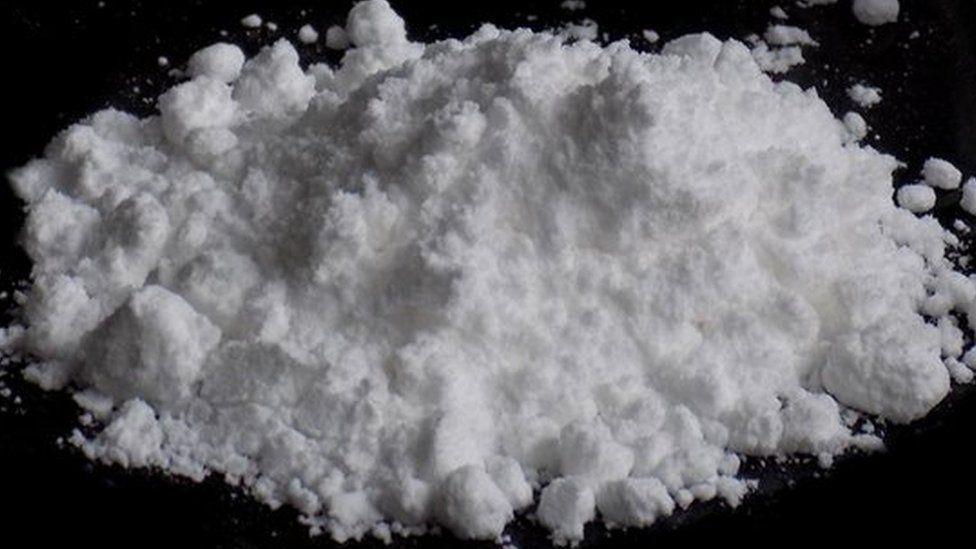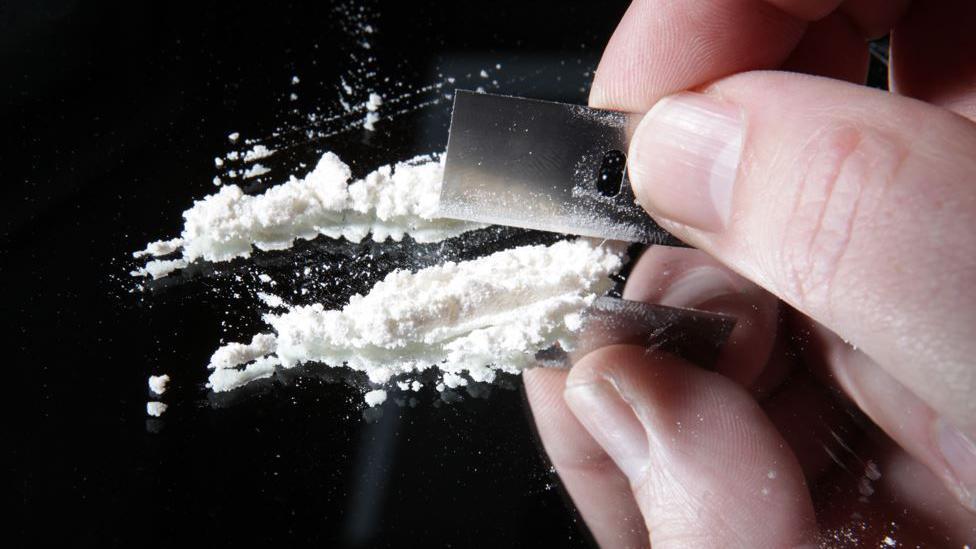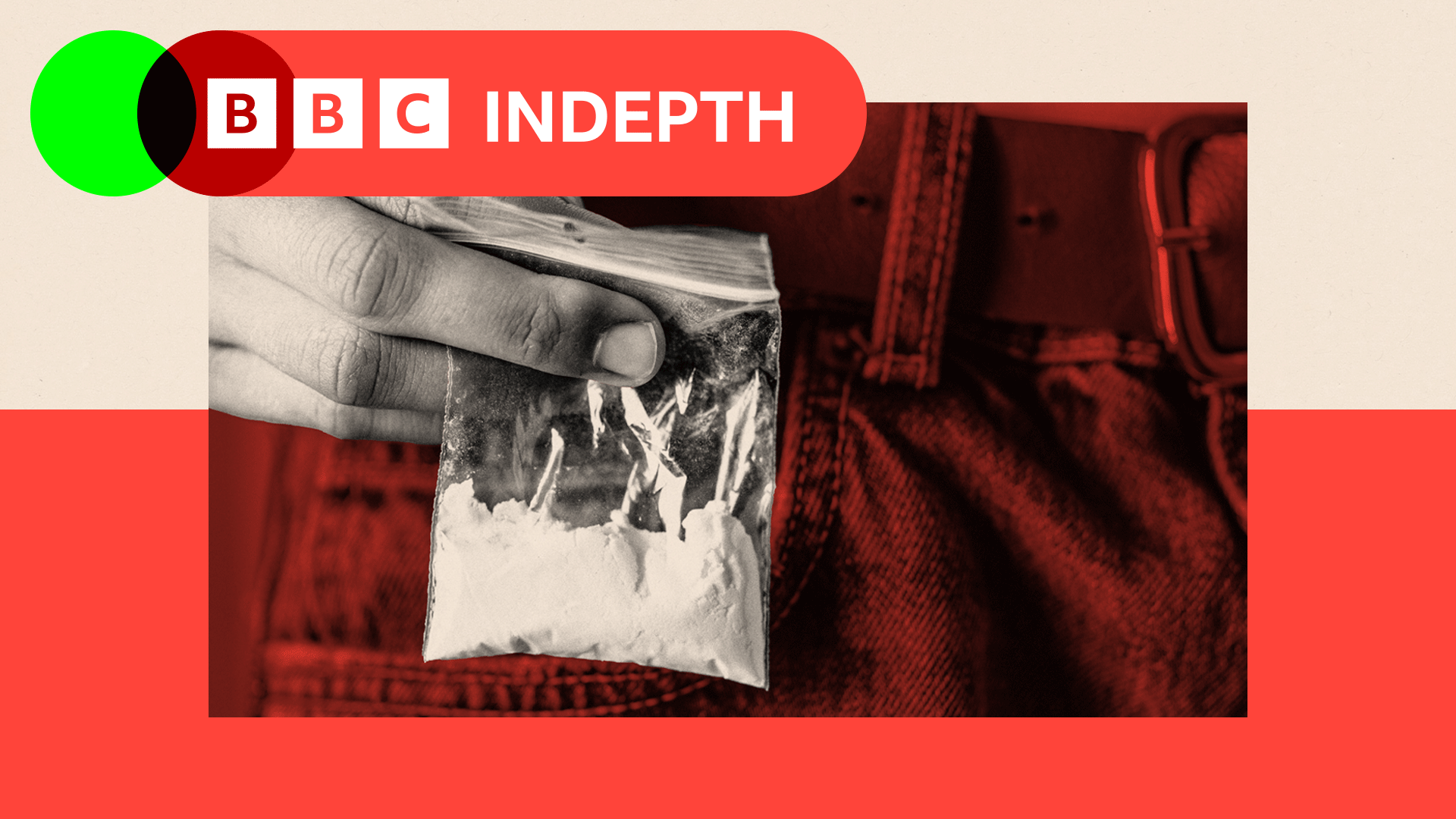Ketamine crisis causing A&E influx - councillor

The substance is a powerful anaesthetic and can prove fatal
- Published
Parts of Lancashire are in the grip of a "ketamine crisis" with the drug causing a surge in visits to A&E amongst those using it, councillors have been warned.
County Councillor Daniel Matchett, who works as a mental health nurse, said he had witnessed a "massive influx of ketamine users" in A&E.
It comes after a £10.6m grant was given to Lancashire County Council to prevent drug and alcohol-related deaths and help those with addiction issues.
Machett said young people were "becoming dependant" on ketamine, a powerful horse tranquiliser and anaesthetic.
Ketamine is a licensed drug and can be prescribed medically.
However, when misused, it can cause serious and sometimes permanent damage to the bladder, along with other health problems.
Matchett told Lancashire County Council's cabinet meeting: "It's prevalent in festivals and everyday life – young people [are] becoming dependent on ketamine and it's a very sad thing to see."
He agreed to meet with Progressive Lancashire opposition group leader Azhar Ali and other representatives from East Lancashire to discuss the issue, the Local Democracy Reporting Service, external said.
"[There is a] ketamine crisis in places like Burnley…and there is a real need to learn from people who have gone through that experience," Lancashire County Councillor Ali said.
Who will get funding?
The funding from the £10.6m grant aims to cut crime associated with drugs and save the lives of users.
It will also be used to help those dependent on alcohol, the council said.
In Lancashire, the lion's share of the cash – £8.1m – will go to the Change Grow Live charity to deliver improvements in both drug and alcohol treatment and rehabilitation, including individual placements.
Five other organisations, Red Rose Recovery, The Well Communities, Lancashire Women, Active Lancashire and The Foxton, will receive grants of between £79,000 and £443,000 for their specialist work.
Meanwhile, in-patient detox placements will be given £430,000 as part of a consortium with neighbouring local authorities.
The council said the overall grant would be used to:
Increase "peer support" to encourage uptake of the harm reduction services on offer in the county
Enhance the out-of-hours support available to recovering addicts, including at weekends
Support those in or at risk of entering the criminal justice system by providing "improved care pathways" to drug treatment services
Get in touch
Tell us which stories we should cover in Lancashire
Listen to the best of BBC Radio Lancashire on Sounds and follow BBC Lancashire on Facebook, external, X, external and Instagram, external. You can also send story ideas via Whatsapp to 0808 100 2230.
Related topics
Related stories
- Published5 June

- Published25 February

- Published10 February
